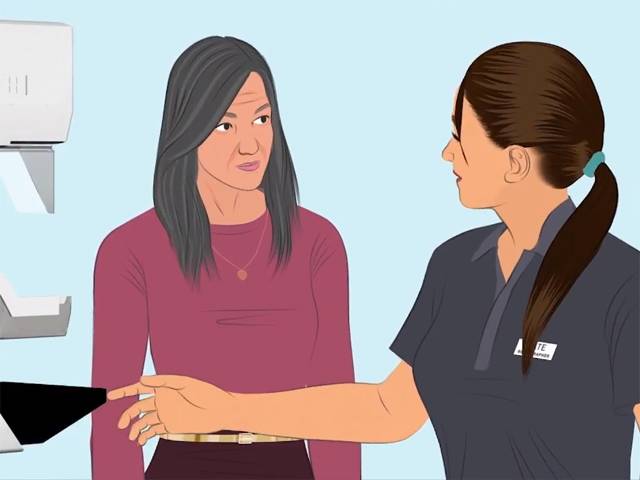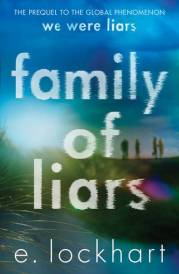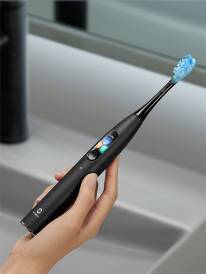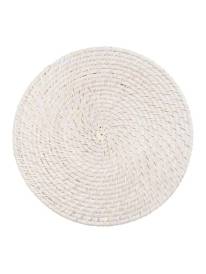Teach Breast Health

Breast Surgeon Calls for Higher Focus on Breast Health from a Younger Age
The question of when women should start thinking about breast cancer prevention and receiving regular breast check-ups can be a difficult issue to deal with however Associate Professor Sanjay Warrier, a highly respected breast oncology and oncoplastic surgeon and President of Breast Surgeons of Australia & New Zealand, believes 'breast health' should sit next to 'skin health' in terms of every day importance.
"SLIP, SLOP, SLAP is widely known as the successful tag line for healthy skincare practices. Kids learn it from a young age and it reminds you of what to do when going outside," Associate Professor Warrier said.
"I would like to see LOOK, LIFT, FEELTM as the tag line for women when it comes to breast care. Breast self-examinations involve looking at the breasts in the mirror, lifting the arm up over the shoulder, feeling the breast and armpit in circular motions with the pads of the fingers and then finally feeling the nipple.
"This is a process which I would like to see become ingrained into the lives of women all over the world from an early age. By doing this, undertaking self-examinations will become second nature and women will be more aware of any changes in their breasts. The earlier the detection, the better."
Associate Professor Warrier is passionate about helping to reduce the incidence of breast cancer and helping both women and men to overcome breast cancer and believes education and prevention needs to start from a young age. With practices at the Chris O'Brien Lifehouse and in Macquarie Street, Sydney, he is an Associate Professor at the University of Sydney and an award-winning medical researcher.
"I believe teenagers and women in their twenties need to be more aware of their breast health, and more active in consulting their GP about how to prevent breast cancer early," Associate Professor Warrier added.
According to the National Breast Cancer Foundation, two women under the age of 40 will be diagnosed with breast cancer every day in Australia.
"In addition to undertaking self-examinations, young women need to consider getting regular breast checks. Breast cancer prevention should be a life-long effort for women, young and old. Even teenagers need to start thinking about the long-lasting effects their health choices will have down the track," Associate Professor Warrior said.
"Breast cancer isn't usually on the radar of young women. Most Australians assume that breast cancer is a problem that only older women face, but that assumption is incorrect and extremely dangerous."
Research by the Cancer Institute NSW found that between 2013 and 2015, 80 women between the ages of 25 and 29 were diagnosed with breast cancer in NSW alone. The figure rose to 233 for women between the ages 30 and 34.
"A surprising amount of women get diagnosed with breast cancer in their twenties and thirties. Young people are not immune from serious diseases like breast cancer," Associate Professor Warrier explained.
The Cancer Council further states that 95 percent of the women diagnosed with breast cancer every year are 40 years of age and over. This means that five percent of the women diagnosed with breast cancer are under the age of 40.
"Five percent may seem like a relatively insignificant figure, but trust me, it doesn't feel insignificant for the hundreds of young women who are unfortunate enough to be diagnosed every year. It's a serious and underreported problem," Associate Professor Warrier said.
Breast cancer in young women can be more dangerous than breast cancer in older women. This is because young women's breast tissue is usually denser than the breast tissue of older women, meaning that lumps are harder to notice. Mammograms can be less effective for women under the age of 40 for this reason.
"Ideally, we need to be encouraging young women to learn how to undertake breast self-examinations so they know what they are doing and to see their GP to get regular check-ups. If young women are shown how to LOOK, LIFT, FEELTM, they are more likely to know what to do at home," Associate Professor Warrier explained.
"Time is of the essence with breast cancer. Unfortunately, social norms make young women less likely to check for breast cancer and more likely to ignore the typical warning signs.
Women with breast cancer in their family may be more likely to be diagnosed with breast cancer themselves. However, Associate Professor Warrier believes that this is another trap that young people can fall for.
"The things you do when you're young have a massive impact on your risk of breast cancer. You can reduce your chances by eating a healthy diet, drinking less alcohol and stopping smoking. A lot of young people don't actually know this. They assume it's all down to genes and age," Associate Professor Warrier said.
"My advice to all women, including younger women, is even if you think your risk of breast cancer is relatively low, it's still worth routinely monitoring your breast health and even visiting your GP for a more thorough check-up from time to time. Take good care of your health, eat well, rest and avoid putting toxins into your body. Prevention and early detection are important when it comes to cancer."
According to the Cancer Council, one in eight women by age 85 will be diagnosed with breast cancer.
www.drsanjaywarrier.com.au
www.lookliftfeel.com
MORE





